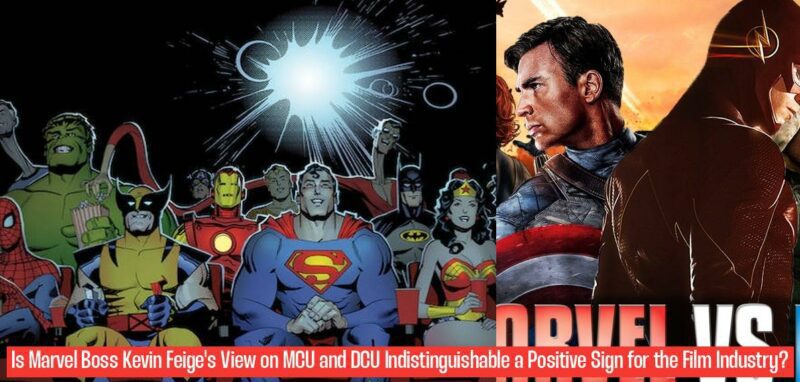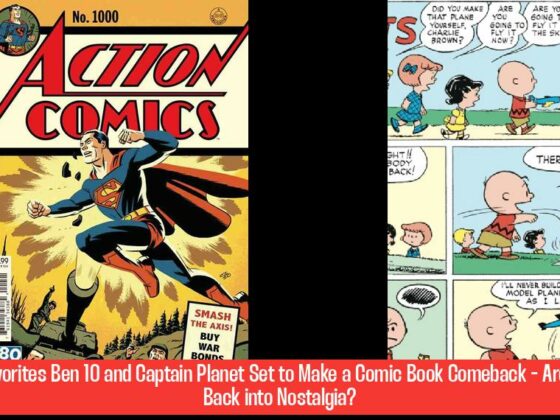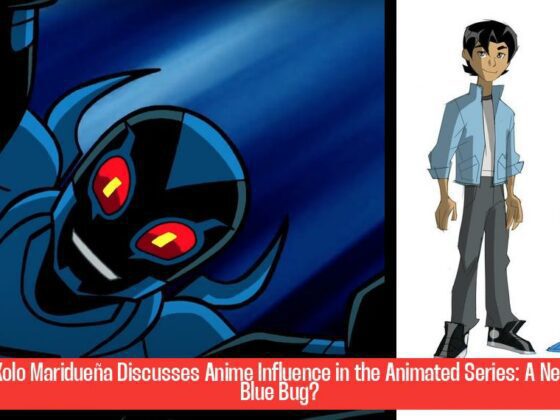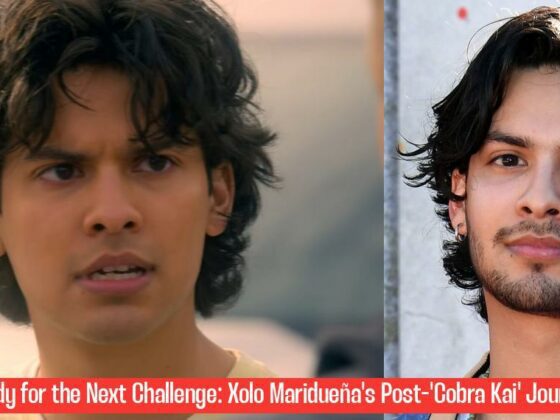Marvel Boss Kevin Feige Thinks People Can’t Tell MCU and DCU Apart: A Sign of a Healthy Film Landscape?
Kevin Feige, the mastermind behind the Marvel Cinematic Universe (MCU), recently made some interesting comments about the rivalry between Marvel and DC. While many fans see these two behemoths of the superhero genre as locked in a fierce battle for supremacy, Feige takes a more relaxed approach, viewing the competition as a healthy force that ultimately benefits moviegoers.
A Friendly Rivalry
In a recent interview with Cinemablend, Feige expressed his appreciation for the competitive landscape, believing it drives both companies to create better films. He even went so far as to praise the first look of James Gunn’s upcoming DCU film, “Superman,” demonstrating his respect for the competition. “The presence of more films from DC means a greater variety of quality movies in theaters,” Feige explained. He acknowledged that fans often have strong preferences for one company’s movies over the other, but he remains optimistic that the competition will ultimately benefit moviegoers. He cited the success of Glen Powell’s “Twisters” as an example of how diverse offerings can overperform and keep audiences excited about going to the movies.
Discover – Reviving the Superhero Genre: Can Deadpool & Wolverine Save Comic-Con Amidst Debate on Relevance?
Feige’s perspective highlights a crucial point: healthy competition fosters innovation and pushes creative boundaries. By pushing each other to create better content, Marvel and DC ultimately deliver a more diverse and exciting cinematic experience for audiences. This competition isn’t about dominance; it’s about constantly raising the bar and ensuring that moviegoers have plenty of high-quality options to choose from.
Blending the Lines: Confusion Reigns
However, Feige also made a surprising revelation: a significant portion of the audience struggles to tell the difference between Marvel and DC films. This statement was met with a mix of amusement and astonishment. It seems that despite the distinct aesthetics, storylines, and character rosters, the lines between these two cinematic universes have become blurred in the minds of many viewers.
Feige humorously recounted being congratulated for the success of Xolo Maridueña’s “Blue Beetle,” a DC film, highlighting the confusion among the general audience. This amusing anecdote underscores the extent to which the distinction between Marvel and DC can get lost in the whirlwind of superhero films.
This confusion isn’t necessarily a bad thing. It might indicate that both universes have successfully established a shared language of superhero storytelling, with certain elements becoming recognizable and appealing across both franchises. Perhaps audiences are less concerned with specific brand identifiers and more focused on enjoying the entertaining and escapist nature of these films.
The Future of Superhero Cinema: A Shared Path?
Feige’s comments reflect a broader shift in the landscape of superhero cinema. Both Marvel and DC are exploring new avenues and pushing creative boundaries, blurring the lines between traditional superhero tropes and introducing more diverse and complex storylines. This evolution is leading to a more inclusive and accessible film experience, catering to a wider audience.
Feige’s excitement for future projects like “Deadpool & Wolverine” suggests that he remains committed to pushing the boundaries of the MCU. He believes that this film will “restore the studio’s reputation” after a series of lackluster releases. This ambitious project has generated significant buzz among fans, who are eager to see how the studio will blend the humor and action of Deadpool with the gritty intensity of Wolverine.
The future of superhero cinema promises to be exciting and diverse. Both Marvel and DC are evolving, embracing new storytelling approaches and attracting a wider audience. This evolution is fueled by healthy competition and a shared desire to create compelling and engaging content. While some fans may continue to cling to their respective franchises, the blurring of lines between these universes suggests a future where audiences are less concerned with labels and more focused on enjoying the thrill and excitement of superhero cinema.
Can people easily differentiate between the Marvel Cinematic Universe (MCU) and the DC Universe (DCU) according to Kevin Feige?
Kevin Feige believes that a significant portion of the audience struggles to tell the difference between Marvel and DC films.
How does Kevin Feige view the rivalry between Marvel and DC in the superhero genre?
Kevin Feige sees the competition between Marvel and DC as a healthy force that ultimately benefits moviegoers by driving both companies to create better films.
What does Kevin Feige think about the presence of more films from DC in theaters?
Kevin Feige appreciates the variety of quality movies in theaters resulting from the presence of more films from DC, as it offers fans diverse options and keeps audiences excited about going to the movies.
What does Kevin Feige’s perspective on healthy competition between Marvel and DC highlight?
Kevin Feige’s perspective underscores that healthy competition fosters innovation, pushes creative boundaries, and ultimately delivers a more diverse and exciting cinematic experience for audiences.



